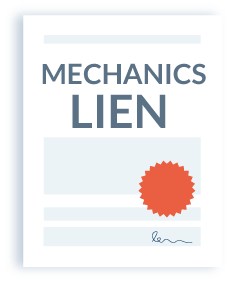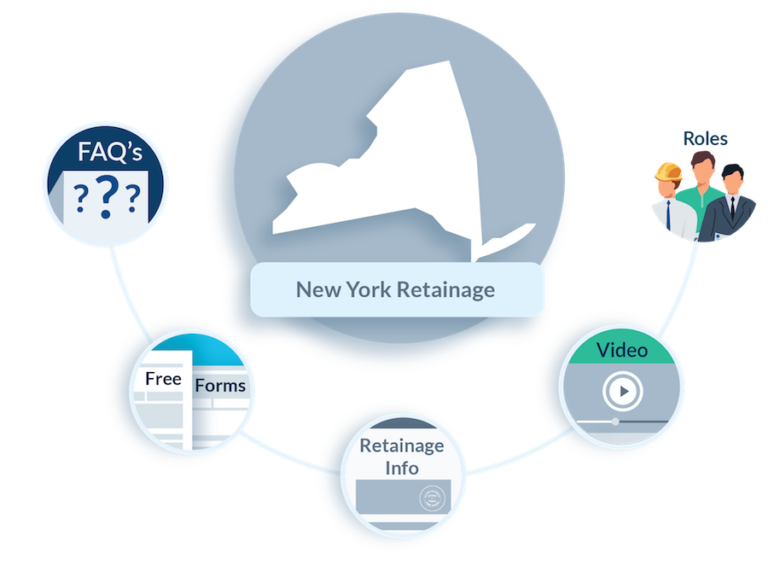Notwithstanding the provisions of any other law to the contrary, all contracts made and awarded by the appropriate officer, board or agency of a political subdivision or of any district therein, hereafter referred to as the public owner, for construction, reconstruction or alteration of any public work project shall provide for payment by the public owner to the contractor and payment by the contractor to the subcontractor in accordance with the following:
1. Payment by public owners to contractors.
(a) The contractor shall periodically, in accordance with the terms of the contract, submit to the public owner and/or his agent a requisition for a progress payment for the work performed and/or materials furnished to the date of the requisition less any amount previously paid to the contractor. The public owner shall in accordance with the terms of the contract approve and promptly pay the requisition for the progress payment less an amount necessary to satisfy any claims, liens or judgments against the contractor which have not been suitably discharged and less any retained amount as hereafter described. The public owner shall retain not more than five per centum of each progress payment to the contractor except that the public owner may retain in excess of five per centum but not more than ten per centum of each progress payment to the contractor provided that there are no requirements by the public owner for the contractor to provide a performance bond and a labor and material bond both in the full amount of the contract. The public owner shall pay, upon requisition from the contractor, for materials pertinent to the project which have been delivered to the site or off-site by the contractor and/or subcontractor and suitably stored and secured as required by the public owner and the contractor provided, the public owner may limit such payment to materials in short and/or critical supply and materials specially fabricated for the project each as defined in the contract. When the work or major portions thereof as contemplated by the terms of the contract are substantially completed, the contractor shall submit to the public owner and/or his agent a requisition for payment of the remaining amount of the contract balance. Upon receipt of such requisition the public owner shall approve and promptly pay the remaining amount of the contract balance less two times the value of any remaining items to be completed and an amount necessary to satisfy any claims, liens or judgments against the contractor which have not been suitably discharged. As the remaining items of work are satisfactorily completed or corrected, the public owner shall promptly pay, upon receipt of a requisition, for these items less an amount necessary to satisfy any claims, liens or judgments against the contractor which have not been suitably discharged. Any claims, liens and judgments referred to in this section shall pertain to the project and shall be filed in accordance with the terms of the applicable contract and/or applicable laws. Where the public owner is other than the city of New York, the term “promptly pay” shall mean payment within thirty days, excluding legal holidays, of receipt of the requisition unless such requisition is not approvable in accordance with the terms of the contract. Notwithstanding the foregoing, where the public owner is other than the city of New York and is a municipal corporation which requires an elected official to approve progress payments, “promptly pay” shall mean payment within forty-five days, excluding legal holidays, of receipt of the requisition unless such requisition is not approvable in accordance with the terms of the contract.
(b) Each public owner other than the city of New York which is required to make a payment from public funds pursuant to a contract and which does not make such contract payment by the required payment date shall make an interest payment to the contractor on the amount of the contract payment which is due unless failure to make such contract payment is the result of a lien, attachment, or other legal process against the money due said contractor, or unless the amount of the interest payment as computed in accordance with the provisions set forth hereinafter is less than ten dollars. Interest payments on amounts due to a contractor pursuant to this paragraph shall be paid to the contractor for the period beginning on the day after the required payment date and ending on the payment date for those payments required according to this section and shall be paid at the rate of interest in effect on the date when the interest payment is made. Notwithstanding any other provision of law to the contrary, interest shall be computed at the rate equal to the overpayment rate set by the commissioner of taxation and finance pursuant to subsection (e) of section one thousand ninety-six of the tax law. A pro rata share of such interest shall be paid by the contractor or subcontractor, as the case may be, to subcontractors and materialmen in a proportion equal to the percentage of their pro rata share of the contract payment. Such pro rata share of interest shall be due to such subcontractors and materialmen only for those payments which are not paid to such subcontractors and materialmen prior to the date upon which interest begins to accrue between the public owner and the contractor. Such pro rata shares of interest shall be computed daily until such payments are made to the subcontractors and materialmen.
(c) For projects of a public owner other than the city of New York, if state funds directly related to and which have been budgeted for the construction of the project for which the payment is due have not been received prior to the expiration of the thirty or forty-five days specified in paragraph (a) of this subdivision, the interest provided for in paragraph (b) of this subdivision shall not begin to accrue and payment shall not be due, until ten days after receipt of the state funds. Nothing in this paragraph shall prevent the public owner from approving the requisition, subject to receipt of the state funds. State funds shall mean monies provided to the public owner by the state, its officers, boards, departments, commissions, or a public authority and public benefit corporation, a majority of the members of which have been appointed by the governor or who serve as members by virtue of holding a civil office of the state, or a combination thereof.
2. Payment by contractors to subcontractors. Within seven calendar days of the receipt of any payment from the public owner, the contractor shall pay each of his subcontractors and materialmen the proceeds from the payment representing the value of the work performed and/or materials furnished by the subcontractor and/or materialman and reflecting the percentage of the subcontractor’s work completed or the materialman’s material supplied in the requisition approved by the owner and based upon the actual value of the subcontract or purchase order less an amount necessary to satisfy any claims, liens or judgments against the subcontractor or materialman which have not been suitably discharged and less any retained amount as hereafter described. Failure by the contractor to make any payment, including any remaining amounts of the contract balance as hereinafter described, to any subcontractor or materialman within seven calendar days of the receipt of any payment from the public owner shall result in the commencement and accrual of interest on amounts due to such subcontractor or materialman for the period beginning on the day immediately following the expiration of such seven calendar day period and ending on the date on which payment is made by the contractor to such subcontractor or materialman. Such interest shall be the sole responsibility of the contractor, and shall be paid at the rate of interest in effect on the date payment is made by the contractor. Notwithstanding any other provision of law to the contrary, interest shall be computed at the rate established in paragraph (b) of subdivision one of section seven hundred fifty-six-b of the general business law. The contractor shall retain not more than five per centum of each payment to the subcontractor and/or materialman except that the contractor may retain in excess of five per centum but not more than ten per centum of each payment to the subcontractor provided that prior to entering into a subcontract with the contractor, the subcontractor is unable or unwilling to provide a performance bond and a labor and material bond both in the full amount of the subcontract at the request of the contractor. However, the contractor shall retain nothing from those payments representing proceeds owed the subcontractor and/or materialman from the public owner’s payments to the contractor for the remaining amounts of the contract balance as provided in subdivision one of this section. If the contractor has failed to submit a requisition for payment of the remaining amounts of the contract balance within ninety days of substantial completion as provided in subdivision one of this section, then any clause in the subcontract between the contractor and the subcontractor or materialman which states that payment by the contractor to such subcontractor or materialman is contingent upon payment by the owner to the contractor shall be deemed invalid. Within seven calendar days of the receipt of payment from the contractor, the subcontractor and/or materialman shall pay each of his subcontractors and materialmen in the same manner as the contractor has paid the subcontractor, including interest as herein provided above. Nothing provided herein shall create any obligation on the part of the public owner to pay or to see to the payment of any moneys to any subcontractor or materialman from any contractor nor shall anything provided herein serve to create any relationship in contract or otherwise, implied or expressed, between the subcontractor or materialman and the public owner.

